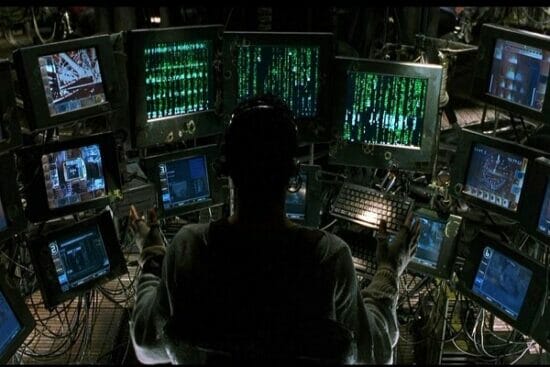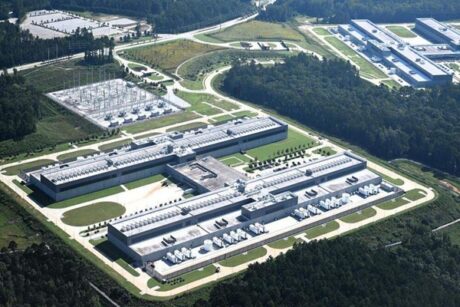- Course No E – 1977
- PDH Units: 3
No data found for Custom Course Number
No data found for Custom Course Units
Intended Audience: Electrical, Mechanical, Environmental, and Energy Engineers.
PDH UNITS: 3
This course will establish the critical role of the energy control center operator and the need for advanced system operations to manage the energy system that is going through a massive transformation and digitalization phase, to entertain all the political and customer demands, such as smart grids, transportation electrification: electric vehicles, vehicle 2 home, grid, and everything, building electrification (converting gas heating to electric heating), cybersecurity, electric vehicles, transactive energy, accommodating distributed energy resources, i.e. solar, onshore and offshore wind, and energy storage. In addition to meeting several Governor, commissioner, city, state, and country’s massive goals, i.e. 100% clean or renewable energy by 2050 or sooner. The utility world is split concerning the stability and reliability of the future grid, where senior engineers and energy control center operators argue that the future system is not promising due to the lack of large power plants which results in a much weaker system inertia when compared to the current system. Also, the intermittent nature of renewables is another major issue that must be addressed. The importance of advanced system operations for the success of the future grid cannot be overstated. Additionally, various energy storage types, stacking options, and the difference between DSOs and TSOs, as well as various management systems, i.e. GMS, EMS, DMS, DERMS, ADMS, etc, will be discussed. This course is intended for electrical, mechanical, and computer engineers as well as others involved at a technical and non-technical level in the energy world who are interested in learning more about the future of energy systems, system operations, advanced system operations and the impact of solar, wind, energy storage, fuel-cells, distributed generation, etc. and how to maintain a reliable grid.
Learning Objectives:
At the successful conclusion of this course, you will learn the following knowledge and skills:- Various system operations’ challenges
- Familiarizing with transmission and distribution systems
- Familiarizing with the distributed energy resources at a high level
- Learning about different energy storage types
- Learning about the different state goals
- Discussing stacking options
- Understanding various critical energy control center functions
- Difference between the energy control center operator and the advanced system operator
- System operations vs. planning
- Load forecasting and system capabilities
- Restoring the system after a transmission feeder and substation transformer failure
- Grid changes, i.e. smart grid, microgrids, electric vehicles, etc.
Once completed, your order and certificate of completion will be available in your profile when you’re logged in to the site.










